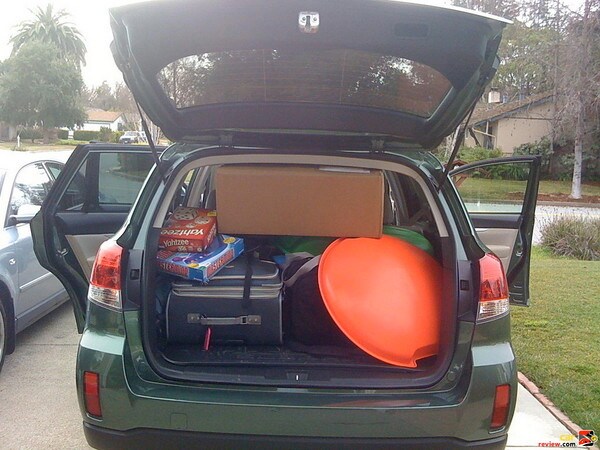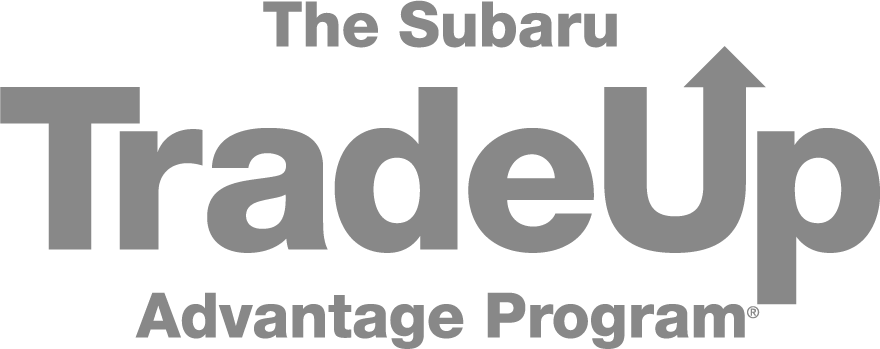FoxBusiness and AskPatty.com offer the following advice when preparing for your cross-country road trips this Summer:
Thousands of Americans will hit the road over the next few weeks to travel as their children are out of school for spring break. Even more will find themselves on the nation's highways on summer vacations.

Photo Courtesy: CarReview.com
A road trip often means big bucks will be laid out on travel costs. From pricey snacks to premium fuel to costly car washes, the route between your home and your destination is a virtual minefield of unnecessary purchases that can drain your pocketbook. Read on to find Bankrate's list of travel costs you can steer clear of.
It may feel more satisfying to fly around other drivers on the highway, but the joke is on you. Your gas mileage will decrease rapidly after your speedometer hits 60
miles per hour and higher, and boost your travel costs.
In addition, rapid acceleration and braking also can reduce your gas
mileage. Driving at a lower speed can help you save as much as 33% on
your cost to fill up at the
pump, says Jody DeVere, chief executive at
AskPatty.com, an automotive advice and education site for women.
"Observing the speed limit is also safer, so you may save more than just money," DeVere says.
A little preplanning can save you from having to buy those pricey bags of chips at roadside gas stations.
Before you leave, visit your local grocery store and stock up on fruit and veggies and other snacks and drinks, then toss them in a cooler that's small enough to stash
in the back seat or trunk, says Stacey Hylen, a business coach in Montreal who spent seven years on the road while working in sales.
If your trip is long enough to require a restaurant meal, sit down for road food during the first half of the day to save money.
"Breakfast and lunch are always priced lower than dinner," says Karen
Hoxmeier, a mom of three and founder of the bargains website
MyBargainBuddy.com.
"When you dine out, make dinner your lightest meal."
Also, look online for coupons for chain restaurants commonly found
just off the highway. For example, the bar-and-grill chain Chili's
frequently puts out
money-saving printable offers on its website and via
e-mail.
3. Avoid High Price Gas Stations Next to the Highway
Pulling into a gas station right off the interstate or turnpike saves
time, but it can cost you money. Gas prices just off the highway may be
higher than at stations at
discount stores and near supermarket
shopping centers, says Jody DeVere, chief executive at AskPatty.com, an
automotive advice and education site for women.
Warehouse stores, such as Sam's Club and Costco,
also offer cheaper gas, but you have to be a member. If you are, check
your route beforehand to see if there are
any locations on the way.
Finally, smartphone users can download free apps, such as GasBuddy, to find stations closer to town that offer fuel at lower prices.
4. Do You Really Need Premium Fuel?
The debate over regular gas versus high-octane fuel has raged for
years. But the truth is simple: Very few cars derive any benefit from
premium grades of gasoline.
"For most cars, the recommended gasoline is regular octane," says
Jody DeVere, chief executive at AskPatty.com, an automotive advice and
education site for
women. Premium gas won't help your car perform better
or increase your gas mileage, and it can cost you as much as 20 cents
per gallon more than regular,
according to the Federal Trade Commission.
A small number of cars do require high-octane gasoline, so check your
owner's manual -- and even then, read carefully. "Find out if the
higher-priced gas is required
or just recommended," DeVere says. If it
says "recommended," you're probably fine using regular gas. If it says
"required," you should go for the higher grades.
5. Avoid Costly Automatic Carwashes at Roadside Gas Stations
Think hard before ponying up those extra few bucks for automatic car
washes at gas stations. They may not get your car entirely clean and
might even damage
the exterior.
"Some older car washes use abrasive brushes instead of cloth ones,
which can leave small scratches in a car's finish," says Jody DeVere,
chief executive
at AskPatty.com.
Often, a more cost-effective option is a self-service wash, which
requires you to physically scrub the car but can be useful for removing
heavy, caked-on dirt. Or skip
the wash altogether while you're on the
road and periodically spot clean the headlights, windshield and mirrors
for safety purposes, says Eric Wulf, chief executive
of the
International Carwash Association in Chicago.
Finally, if you can plan ahead, you may want to wash your car before
you even leave home. "A good wash with wax or sealant goes a long way
toward protecting
your vehicle from road salt and corrosion," Wulf says.
Subaru owners are always ready for anything!
Read more: http://www.foxbusiness.com/personal-finance/2012/03/22/five-travel-costs-to-avoid-on-your-next-road-trip/?test=gpr#ixzz1pwQFkObf



